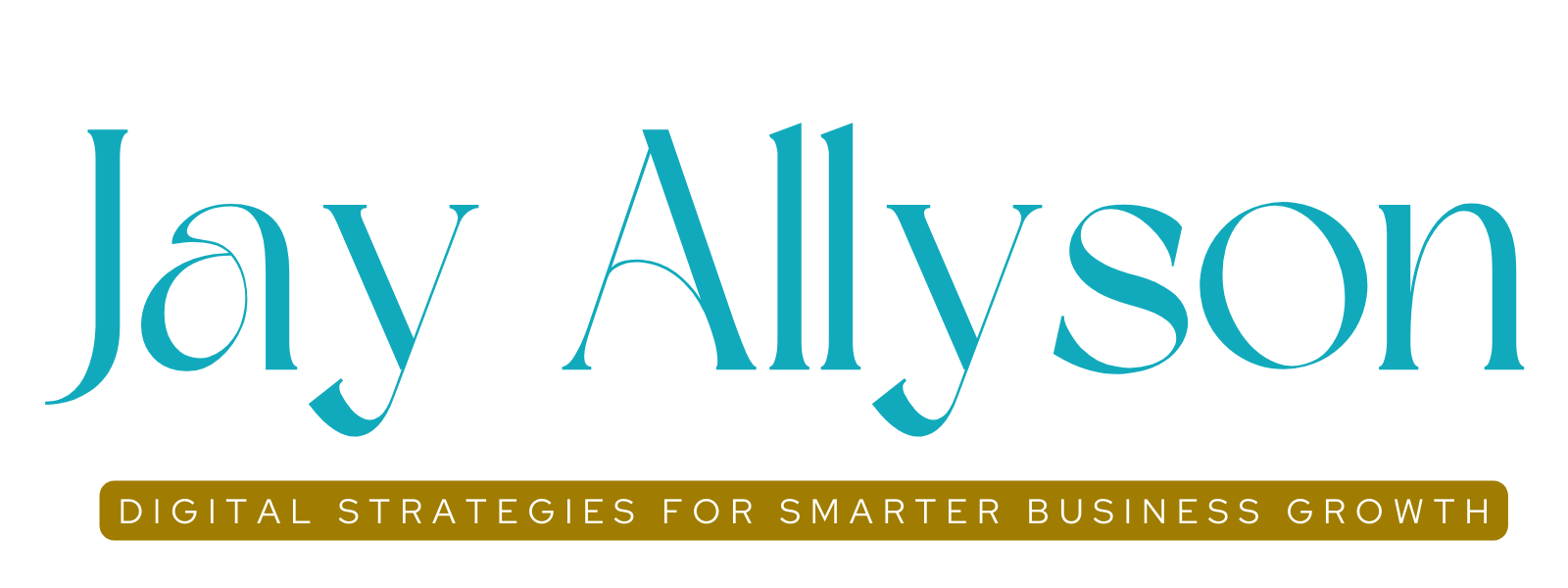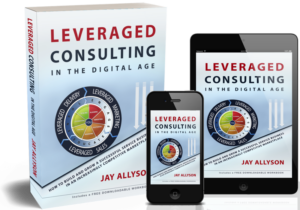Digital entrepreneurship is where a business embraces innovation and transformation by creating and using digital technologies. For the professional service provider, this is most likely to happen by using online tools to market their services and extend to developing, delivering and supporting digital products as additional sources of revenue.
There’s certainly still a big role for face-to-face communication and client work in any professional services business. Yet, without a focus on the opportunities afforded by technology and the internet, as a consultant or coach, you’re missing out on how the wider global market could access your expert support in today’s digital age.
Digital education is a lucrative new ball game for consultants and coaches. I’m not advocating you ditch one-to-one services and go fully into delivering wholly online education products instead – but clearly, digital product development is a clear route to new and highly profitable markets.
Digital entrepreneurship is the new buzzword for how businesses are responding to new opportunities to extend their reach and meet customer expectations.
There are multiple examples in our everyday lives of how companies are redefining traditional ways of doing business through new service distribution models: Amazon, Uber, Netflix, Udemy, to name just a handful.
There are far fewer examples in the professional services industry. What this means for consultants, coaches and other experts is that there’s a whole new world of business out there if you want a piece of it.
Creating digital education products based
Examples of digital education products include: ebooks, online courses, membership sites, downloadables, virtual coaching and software as a service.
There’s a role for education in engagement and business development processes too. One of the best ways you can convert “clicks to clients” is to demonstrate your expertise by sharing valuable content.
As a marketing tool, digital content delivers a great customer experience. When you engage and educate – seamlessly, gracefully and shamelessly – you enrol more and better clients in a way that feels a natural part of your usual consulting or coaching process.
With the technologies at your disposal today, you’d be amiss not to start rethinking your existing business models and exploring new and improved ways to do the business.
The digital world has opened up the potential audiences that you can influence and impact, near and far, the different ways they can engage and work with you, and the new streams of income this can create for your business.

Digital entrepreneurship for consultants and coaches does not just mean selling information products or even what’s increasingly termed “knowledge e-commerce”. It’s about enabling people to access your expertise who aren’t yet ready or able to invest in your high-end consulting or coaching services. By creating and sharing high-value educational content you can reach, impact and support more people in different ways.
Regardless of the delivery method, what you do should bring about a tangible and highly valued outcome and personalised experience for your client yet allows you to reach and impact more people than is possible in traditional consulting practice models.
Business leaders and entrepreneurs who have learned how to transform their delivery model, to develop education-led marketing and results-driven teaching programmes are way more likely to prosper and do so without resorting to pushy or manipulative sales tactics.
A key goal of


